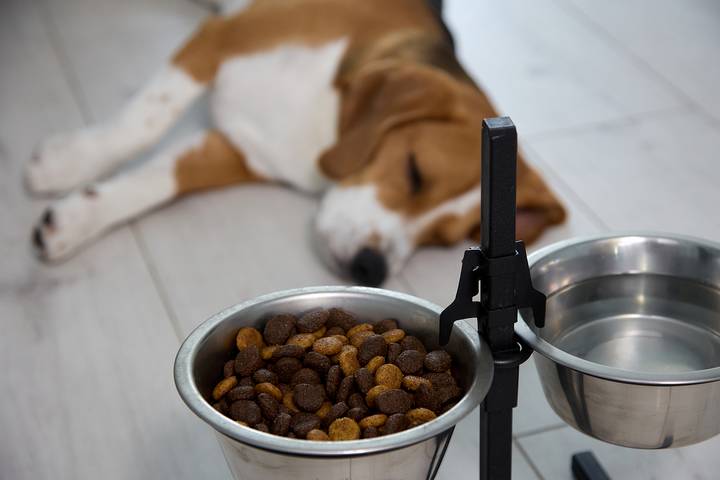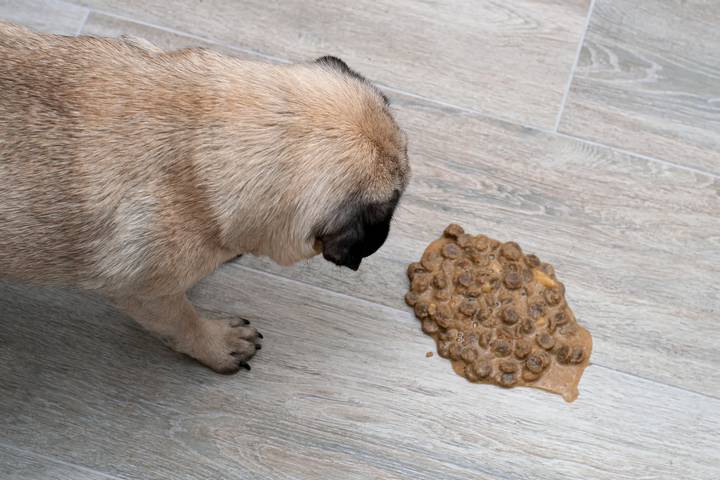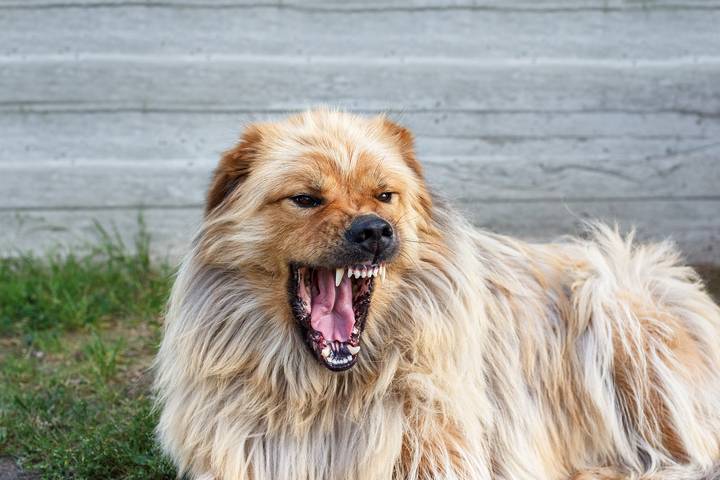If you are a dog owner, you know your pup can’t tell you when they feel unwell. When your canine friend displays signs of illness, they likely have been ill for a while. Learning the subtle signs indicating a problem is critical to returning your dog to its usual healthy self as quickly as possible.
Because our dogs can’t tell us when they are not feeling well, it is up to us as good owners to be aware of the signs and symptoms of illness in our canine companions. They are relying on us to take care of them. While some indications of illness or disease are more obvious, picking up on the more subtle signs can be difficult. Calling your vet is the best action if you are ever in doubt.
Here are six subtle symptoms of a sick dog and their common characteristics:
Symptom #1: Loss of Appetite

It’s hard to imagine a dog who doesn’t love food! So, if your pup suddenly turns up its nose at mealtime, it may indicate that you need to pay closer attention. Appetite loss can be a symptom of several different issues, some mild and some more severe.
When you first notice your dog is not eating, try offering them a favourite treat or meat like a boiled hamburger. If this does not help, watch for other symptoms accompanying the lack of appetite. Are they still drinking water? Are they lethargic?
Any combination of symptoms means you should get vet urgent care immediately. Even if your dog seems okay otherwise, if they refuse food for more than a day, it is time to seek veterinary care.
Symptom #2: Vomiting and Diarrhea

A dog experiencing vomiting or diarrhea could be a single episode or a symptom of an underlying illness. It’s certainly not unheard of for our doggie companions to get into something they shouldn’t, like the garbage can.
If they vomit or have diarrhea once but act normal otherwise, keep an eye on them to ensure that symptoms are not progressing. You can briefly switch them to a diet of cooked rice and boiled hamburger or chicken, feeding in small amounts.
But if the vomiting or diarrhea continues without resolving or is accompanied by other symptoms like lethargy, you should call a vet immediately.
Symptom #3: Lethargy

If your usually playful pup stops being lively and suddenly acts like they have no energy, it may mean they are ill. If they have recently over-exerted themselves during an outing, they may just be tired from playing.
However, if your dog suddenly starts acting lethargic without explanation, it may indicate a health problem. This is especially true if the lethargy is happening with other symptoms like loss of appetite. A call to the vet would be warranted in this case.
Symptom #4: Change in Drinking Habits

If you notice your dog is suddenly drinking more or less water than usual, it could be a sign that they are unwell. Drinking less water than average can mean they are feeling under the weather.
You can encourage water intake by adding more water bowls around the house or adding a bit of chicken broth to the water to flavour it. Drinking more can sometimes be a sign of a severe issue with their kidney or endocrine system.
If their water intake has increased, they will likely urinate more often. Please call your vet if your dog has these symptoms. They will probably want you to bring a urine sample to determine the problem.
Symptom #5: Coughing, Wheezing or Breathing Problems

If you notice your dog coughing or wheezing or they appear to have trouble breathing, they may have a respiratory illness. These illnesses can range in severity from a mild cold or kennel cough to a more serious issue like lung disease, heart failure or tracheal collapse.
An occasional cough requires monitoring, and if it continues or is accompanied by any other symptoms, you should get your pet checked. If you observe any blue colouration on their gums or lips, please treat this as a medical emergency. You must bring your dog to a vet immediately.
Symptom #6: Personality Changes

Pain or illness might cause your dog to exhibit behavioural or personality changes. A generally friendly dog might suddenly shun attention or even display mild aggression. They may growl or snap at you when you touch them, particularly near the source of their discomfort.
On the other hand, some dogs may suddenly seem insecure and need to stay right by your side. These behaviours should never be ignored. If you notice your pup starting to act unusually, you should look carefully for other signs of a health problem. A visit or call to a vet is your next step.




